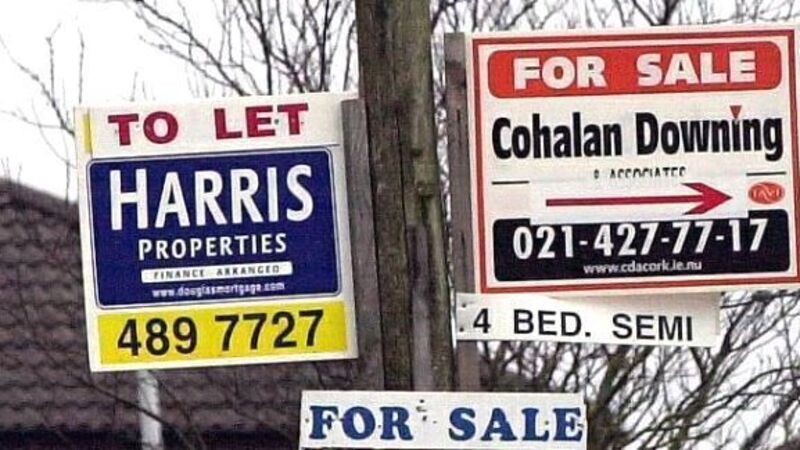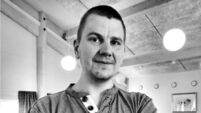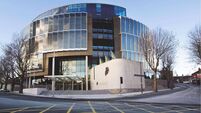‘State risks repeating pre-crash mistakes’

Tom Healy, NERI director, said the sense of gloom, uncertainty and shock that pervaded the economic landscape in 2009-2011 has abated considerably with fewer households in negative equity, falling dole queues, rising spending in the shops and the long farewell to the troika.
However, he also raised concerns about the foundations upon which the current recovery is being based.













